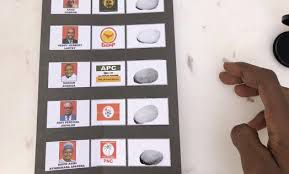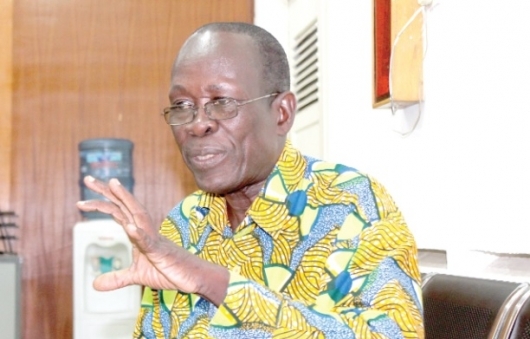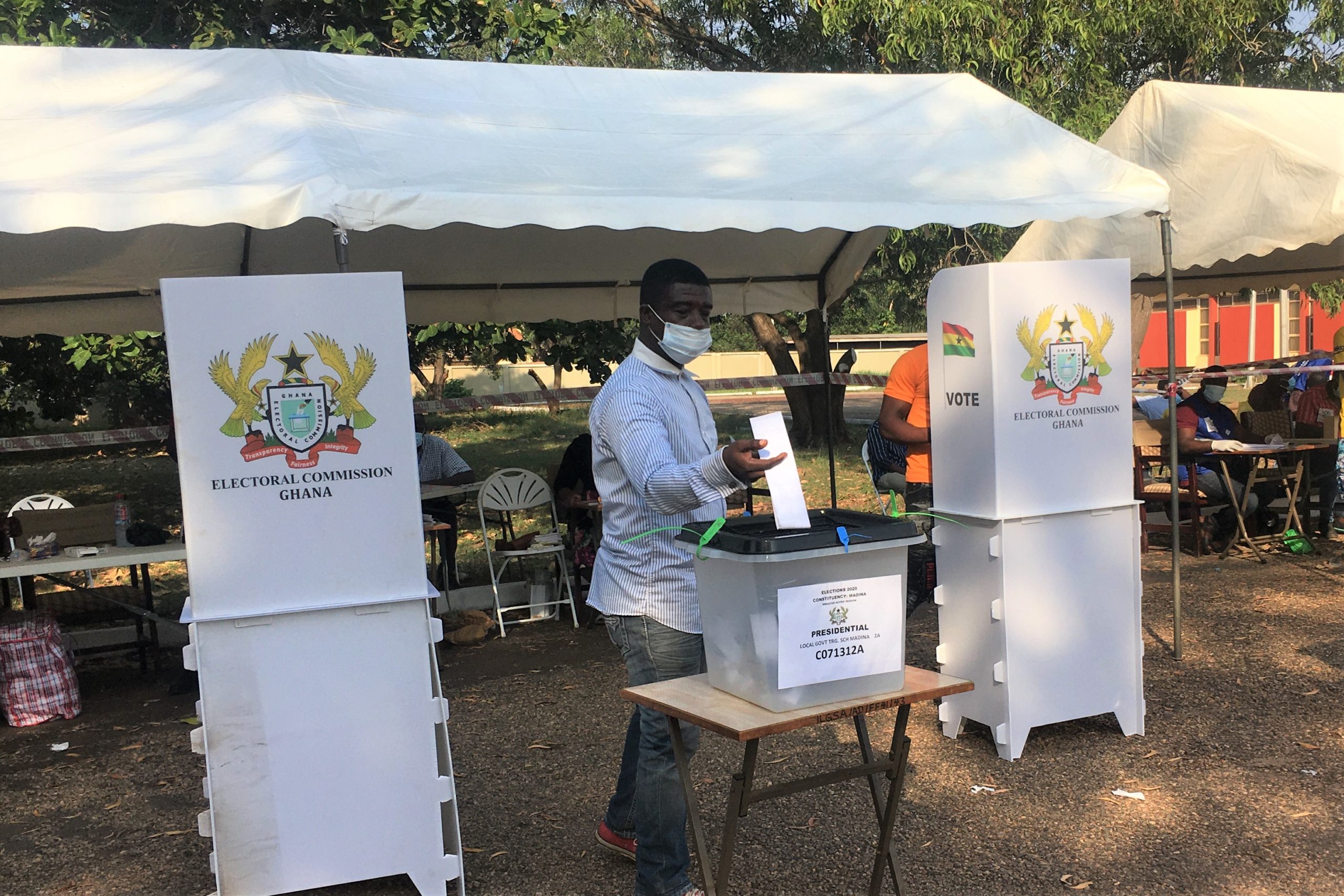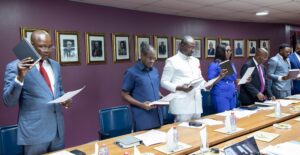
In a worrying turn of events, the Electoral Commission (EC) has announced ‘rejected ballot papers’ as the third force in the 2024 presidential and parliamentary election. The number of rejected ballot papers exceeded those of 10 other presidential candidates, highlighting the gap in civic education ahead of the election.
In a press briefing on Monday, 9 December 2024, the EC Chairperson announced that 11,430,531 voters cast their ballots in the December polls, representing 60.9% of the total registered voters of 18,774,159. Out of this number, 239,109 votes were rejected (2.1%).
The total number of rejected ballots represents an increase over the past eight years, with 2016 recording 167,349 rejected ballots, while the 2024 election witnessed 313,397.
This figure is second only to the votes secured by the President-elect, John Dramani Mahama, who gained 6,328,397 votes (56.55%), and Dr Mahamudu Bawumia (NPP), who received 4,657,304 votes (41.61%).
The other 10 presidential candidates garnered the following votes:
Daniel Augustus Lartey Jnr (GCPP): 16,673 (0.15%)
Akua Donkor (GFP): Invalid
Christian Kwabena Andrews (GUM): 16,461 (0.15%)
Kofi Akpaloo (Liberal Party of Ghana - LPG): 5,219 (0.09%)
Mohammed Frimpong (NDP): 4,413 (0.04%)
Nana Akosua Frimpomaa (CPP): 23,397 (0.2%)
Hassan Ayariga (APC): 17,461 (0.16%)
Kofi Koranteng (Independent): 3,320 (0.03%)
George Twum-Barima-Adu (Independent): 3,091 (0.02%)
Nana Kwame Bediako (Independent): 84,478 (0.75%)
Alan Kyerematen (Independent): 31,202 (0.28%)
The unprecedented rise in rejected ballots in the 2024 election underscores a pressing need for improved civic education and electoral awareness in Ghana.
The trend, which has been steadily increasing over the years, reflects an urgent call for stakeholders, including the Electoral Commission, political parties, and civil society organisations, to prioritise voter education to minimise such occurrences in future elections.
Without addressing this issue, Ghana risks further disenfranchising a significant portion of its electorate, thereby undermining the democratic process.
Read Full Story









Facebook
Twitter
Pinterest
Instagram
Google+
YouTube
LinkedIn
RSS